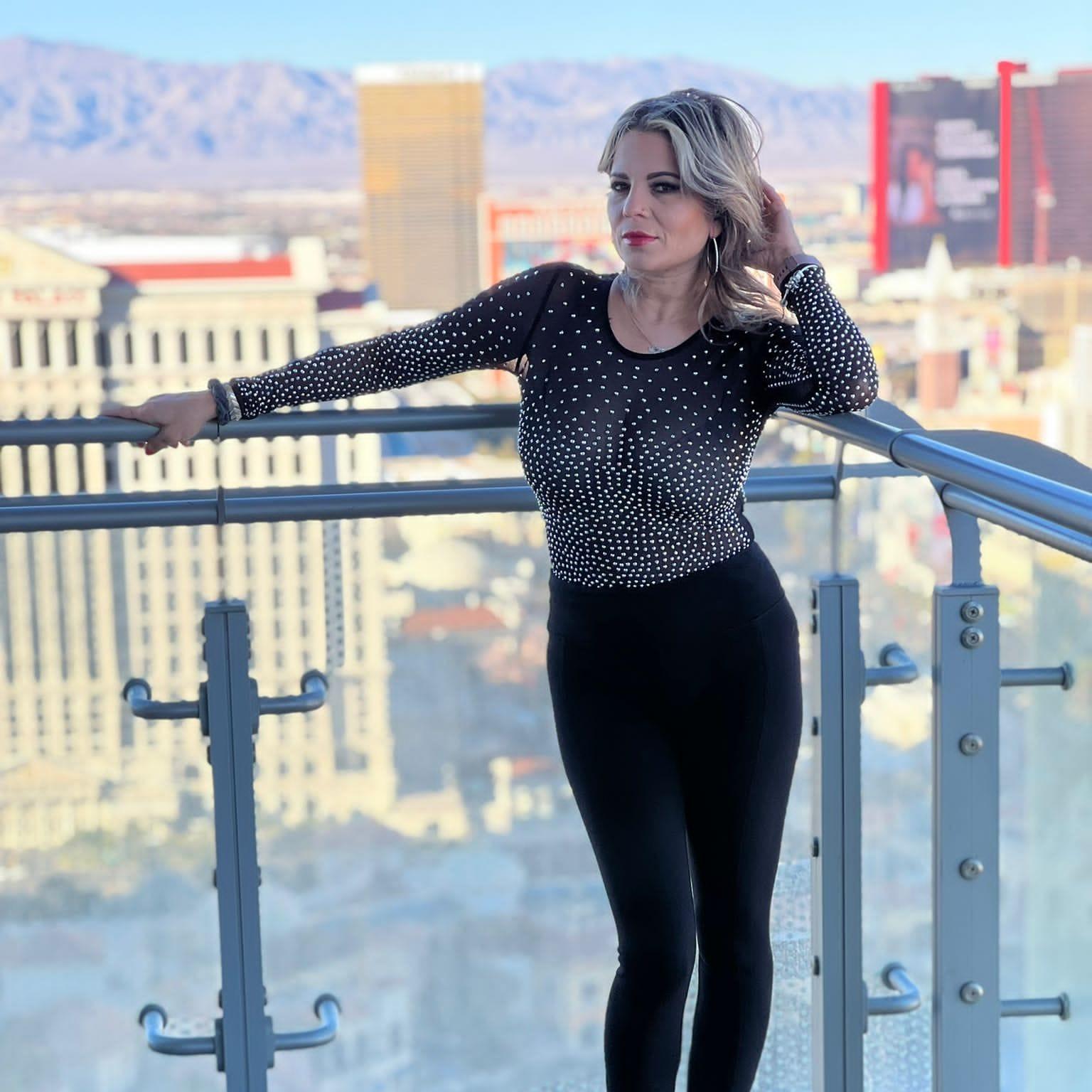When passion meets the silver screen, magic happens. I recently sat down with the phenomenal Verónica Echegui (Marta) and the charismatic Joan Amargós (Raúl) to dive deep into their latest film, “Love You to Death” (A Muerte). This captivating romantic drama explores the intricate dance between love and destiny, and our conversation was nothing short of enlightening.
The Chemistry of Connection
Verónica and Joan opened up about the palpable chemistry between their characters. “From the moment we started reading together, there was an unspoken understanding,” Verónica mused. “Marta is a complex soul, and finding someone who could match that energy in Raúl was essential.”
Joan agreed, adding, “Our off-screen discussions about life and love really informed how we approached our roles. It wasn’t just acting; it was experiencing.”
Behind the Scenes Insights
The duo shared fascinating anecdotes from the set. One standout moment was when an improvised scene made it into the final cut. “The director gave us the freedom to explore,” Joan revealed. “That authenticity is what makes the film resonate.”
Verónica laughed, recounting a humorous mishap during a dramatic scene. “Let’s just say wearing heels on cobblestone streets led to some unexpected bloopers!”
Themes That Resonate
“Love You to Death isn’t just a love story,” Verónica emphasized. “It’s about the lengths we go to for the people we care about, even when fate seems determined to pull us apart.”
Joan delved into the film’s exploration of destiny versus choice. “It’s a dance between what we can control and what we must accept. Raúl’s journey is a testament to that struggle.”
Why This Film Matters
In a world saturated with superficial storytelling, “Love You to Death” offers depth and authenticity. “We hope audiences see a reflection of their own experiences,” Verónica said earnestly. “If viewers walk away pondering their own relationships and choices, we’ve done our job.”
Don’t Miss Out!
This exclusive interview sheds light on the heartfelt craftsmanship behind “Love You to Death.” Whether you’re a fan of deeply emotive cinema or simply curious about the storytelling process, this conversation offers a window into the soul of the film.










